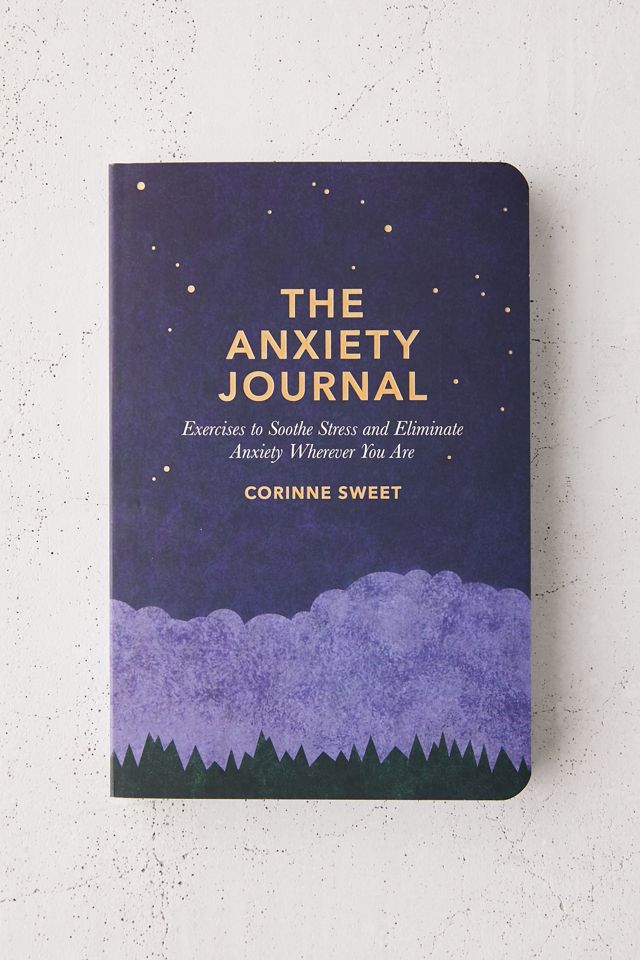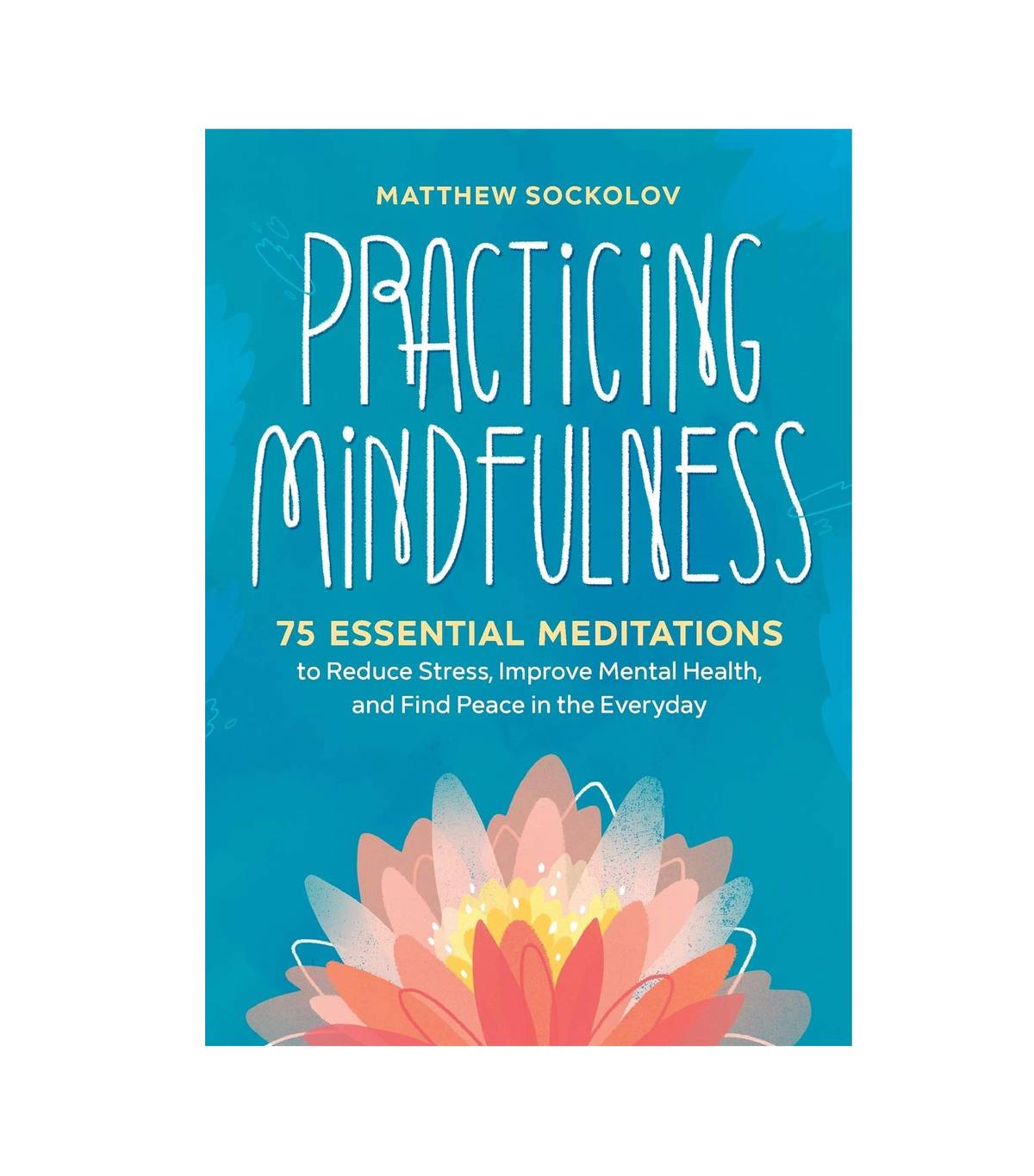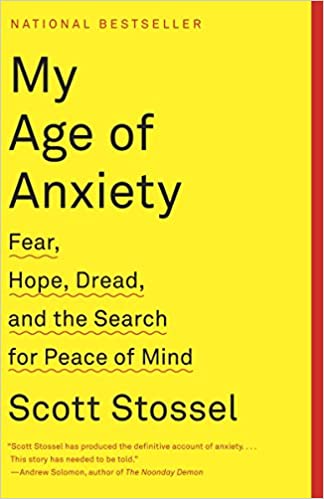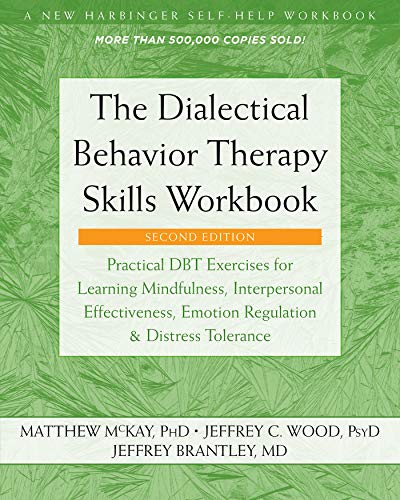Here's How to Help Someone With Anxiety, According to Experts
While everyone has moments in their life where they find themselves getting anxious, you may have a loved one, friend, or family member that is facing excessive anxiety and worry on a recurring basis. It's no easy feat, as dealing with anxiety can be an extremely difficult addition to one's everyday routine. They can become fearful of doing simple tasks or ponder on a thought so long that it can make them emotionally overwhelmed. While dealing with anxiety has many faces and it can be difficult to watch someone go through the process of it all, there are ways people around them can offer some help.
If you want to help someone in your life dealing with anxiety but have no idea where to begin, we reached out to psychology expert Cheyenne Bryant, PhD and counselor Fatemah Dhirani, LMHC at Humantold to share their best advice on what you can do. While you should never set the goal of "fixing" someone, as that task would be impossible, there are a few ways you can make things easier for them while they're facing this hardship. Keep reading for more.
1. Learn About Anxiety
Although anxiety is something that many people struggle with, most people don't know enough about it besides the fact that "it's just excessive worry." There are a lot of components of anxiety that the majority of people don't understand, which is why it's important to take the time to learn about what specifically your loved one is going through. Anxiety can manifest itself in a variety of ways, so knowing how it does will help you understand better.
Anxiety is a normal part of daily life, and we all experience it from time to time. The challenge comes when we get overwhelmed by anxiety which can cause overthinking, avoiding triggers and using compensation strategies.
Anxiety can manifest physically (increased heart rate; shortness of breath; sweating, headache; stomach pain, etc.), psychologically (excessive worry; irritability; fatigue; mind going blank; indecisiveness; difficulty concentrating, etc.), and behaviorally (obsessive behavior; avoidance of situations; distress in social situations; using drugs/alcohol to cope, etc.). The key is to observe and learn how anxiety manifests in your loved ones, so you are better prepared to help them.
2. Ask Them What They Need

While it's easy to start giving advice off the bat, make sure to ask what they need from you. People are often reluctant to state what they need or want on their own, so by asking you give them the space to be open and honest with you.
"It is important to ask someone about the type of support they need as it might be different from what you need. It is easy to assume that what helps us can also help someone else. For example, some people feel overwhelmed when anxious and may require space, others may need you to break down tasks into manageable steps, talking through specific steps or brainstorming options to deal with situations. Some individuals prefer emotional support (telling them they are going to be okay, and you are here for them). The key here is to match your support based on their needs," says Dhirani.
3. Practice Active Listening

When someone is dealing with anxiety, their mind is often filled with a jumble of different thoughts. Getting it out can be easy on their mind, so if they do confide in you it's important to make sure you're listening.
"Active listening consists of being completely present, quiet, and in tune with what is being said with the intent to understand and not react. This allows the individual to fully unload without interruption. Often leading to lessening their anxiety as a result of processing their own thoughts," says Bryant.
4. Take Out Judgement
When someone is being vulnerable with you, the last thing they want is to feel like they're being judged.
"Let your loved one know you are there for them by listening without judging. You don’t have to understand their anxiety to provide a listening ear. Validate their fears/feelings and ask them how you can help them in the current moment. Sometimes, just having someone to hear them out can make them feel supported. The key is to pay attention and show that you care," says Dhirani.
5. Set Boundaries

While helping your loved one is important, it's equally as important to make sure you're not overexerting yourself.
"When your loved one is dealing with anxiety, it is important to set boundaries to protect yourself and them. First, if you feel overwhelmed with the stress that your loved one is going through, it is recommended to ask them to seek professional help. You can help them look for therapists and motivate them along the way. Secondly, it is just as important for you to take care of yourself while caring for someone you love. You should be going out with your friends, participating in activities that make you happy, and focusing on things just for you. Self-care helps keep you emotionally and physically healthy so that you are better able to support someone else. The key here is to remember that boundaries are there to protect you and your loved one," says Dhirani.
6. Keep Calm

Pay attention to how you're speaking. Bryant suggests to "relax when listening to them. Anxiety is overwhelming and can be easily heightened when in a high-strung or overactive environment. Be sure to speak in a calm voice and obtain a relaxed composure when engaging with an individual experiencing anxiety. You want to provide a safe de-arming environment that helps them relax and alleviate mental tension."
7. Help Them Get Help

While it's great to lend an ear and be present for someone, you shouldn't have to bear the full responsibility. An unbiased and professional opinion is very important in figuring out how to deal and cope with anxiety.
"Friends and family love us and mean well, however, they are not mental health professionals. They can provide a listening ear that makes us feel better in the moment, but they cannot provide tips and tools on how to manage and overcome anxiety. The best thing you can do is point them in the right direction to seek professional help," says Bryant.
Helpful Products for Anxiety


Next: How to Know If It's Anxiety or Just Stress
Disclaimer
This article is provided for informational purposes only and is not intended to be used in the place of advice of your physician or other medical professionals. You should always consult with your doctor or healthcare provider first with any health-related questions.
After interning at Who What Wear in 2019, Yusra Siddiqui found her way to the team after graduating with a fashion media degree. She's also spent time writing and working for publications such as Fashionista, Coveteur, Nylon, and Allure. When she's on the job, she's perusing runway shows, analyzing the latest social media trends, and diving deep into all things Gen Z-related.



